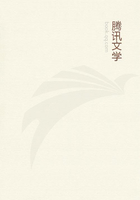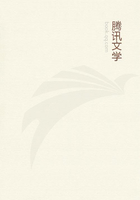It is moreover a fact, which no one has explained better than Adam Smith, in his account of the growth in every individual of the virtue of self-command, that though our moral estimate of our own conduct begins by reference to the sympathy of particular individuals, our parents, schoolfellows, or others, we yet end by judging ourselves, not by reference to any one in particular so much as from an abstract idea of general approbation or the contrary, derived from our experience of particular judgments in the course of our life. This is all that is meant by "the abstract spectator," reference to whom is simply the same as reference to the supposed verdict of public opinion. If we have done anything wrong, told a lie, for example, the self-condemnation we pass on ourselves is the condemnation of public opinion, with which we identify ourselves by long force of habit; and had we never heard a lie condemned, nor known it punished, we should feel no self-condemnation whatever in telling one. We condemn it, not by reference, as Jouffroy puts it, to the feelings of John or Peter, but by reference to the feelings of the general world, which we know to be made up of people like John and Peter. There is nothing inconsistent therefore in the notion of an abstract spectator, "who has neither the prejudices of the one nor the weaknesses of the other, and who sees correctly and soundly precisely because he is abstract." The identification of this abstract spectator with conscience, is so far from being, as Jouffroy says it is, a departure from, and an abandonment of the rule of sympathy, that it is its logical and most satisfactory development. There is no reason to repeat the process by which the perception of particular approving sympathies passes into identification with the highest rules of morality and the most sacred dictates of religion. By reference to his own experience, every reader may easily test for himself the truth or falsity of Adam Smith's argument upon this subject.
It is said with truth, that to make the judgment of an impartial or abstract spectator the standard of morality is to make no security against fallibility of judgment; and that such a judgment is only efficacious where there is tolerable unanimity, but that it fails in the face of possible differences of opinion. But this objection is equally true of any ethical standard ever yet propounded in the world, whether self- interest, the greatest possible happiness, the will of the sovereign, the fitness of things, or any other principle is suggested as the ultimate test of rectitude of conduct. This part of the theory may claim, therefore, not only to be as good as any other theory, but to be in strict keeping with the vast amount of variable moral sentiment which actually exists in the world.
In further disproof of Adam Smith's theory, Jouffroy appeals to consciousness.
We are not conscious, he says, in judging of the acts of others, that we measure them by reference to our ability to sympathize with them. So far are we from doing this, that we consider it our first duty to stifle our emotions of sympathy or antipathy, in order to arrive at an impartial judgment.
As regards our own emotions, also, there is no such recourse to the sympathies of others; and even when there is, we often prefer our own judgment after all to that which we know to be the judgment of others. Consciousness therefore attests the falsity of the theory that we seek in our own sensibility the judgments we pass upon others, or that we seek in the opinions of others the principle of estimation for our own sentiments and conduct.
The truth of the fact stated in this objection may evidently be conceded, and yet the validity of the main theory be left untouched. The latter is a theory mainly of the origin of moral feelings, and of their growth; and emotions of sympathy which originally give rise to moral feelings may well disappear and be absent when long habit has once fixed them in the mind.
It is quite conceivable, for instance, that if we originally derived our moral notions of our own conduct from constant observation of the conduct of others, we might yet come to judge ourselves by a standard apparently unconnected with any reference to other people, and yet really made up of a number of forgotten judgments passed by us upon them. Children are always taught to judge them- selves by appeals to the sentiments of their parents or other relations about their conduct; and though the standard of morality, thus external at first, may in time come to be internal, and even to be more potent than when it was external, it none the more follows that recourse to such sympathy never took place because it ceases to take place or to be noticed when the moral sentiments are fully formed. In learning to read and write, an exactly analogous process may be traced. The letters which so painfully affected our consciousness at first, when we had to make constant reference to the alphabet, cease at last to affect it at all; yet the process of spelling really goes on in the mind in every word we read or write, however unconscious we may be of its operation. Habit and experience, says Adam Smith, teach us so easily and so readily to view our own interests and those of others from the standpoint of a third person, that "we are scarce sensible" of such a process at all.
Then again, the question has been raised, Is it true that sympathy with an agent or with the object of his action is a necessary antecedent to all moral approbation or the contrary?

